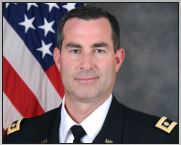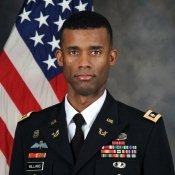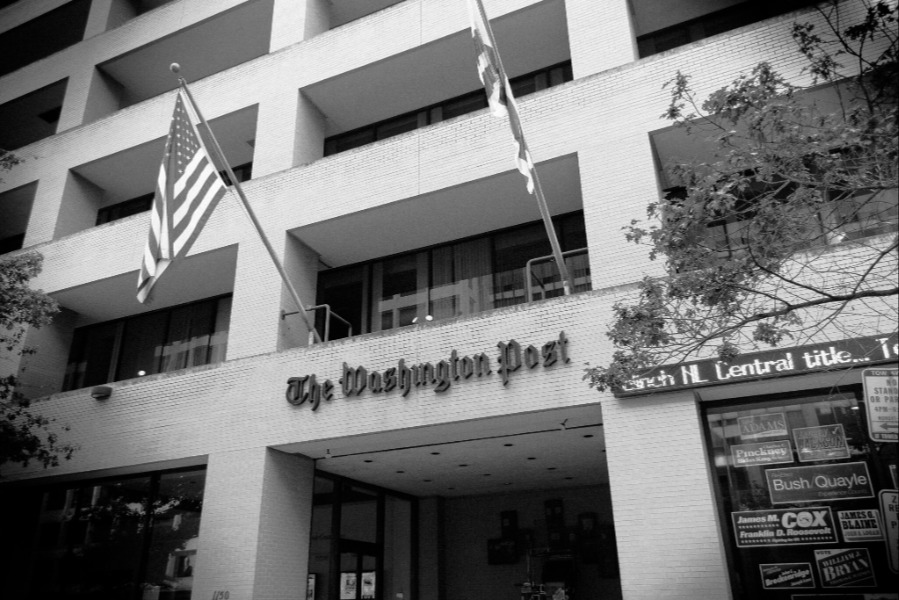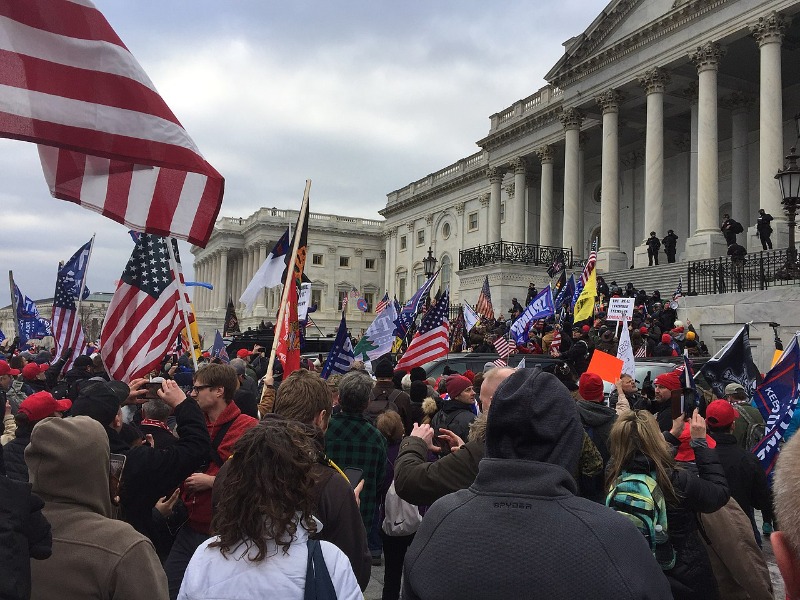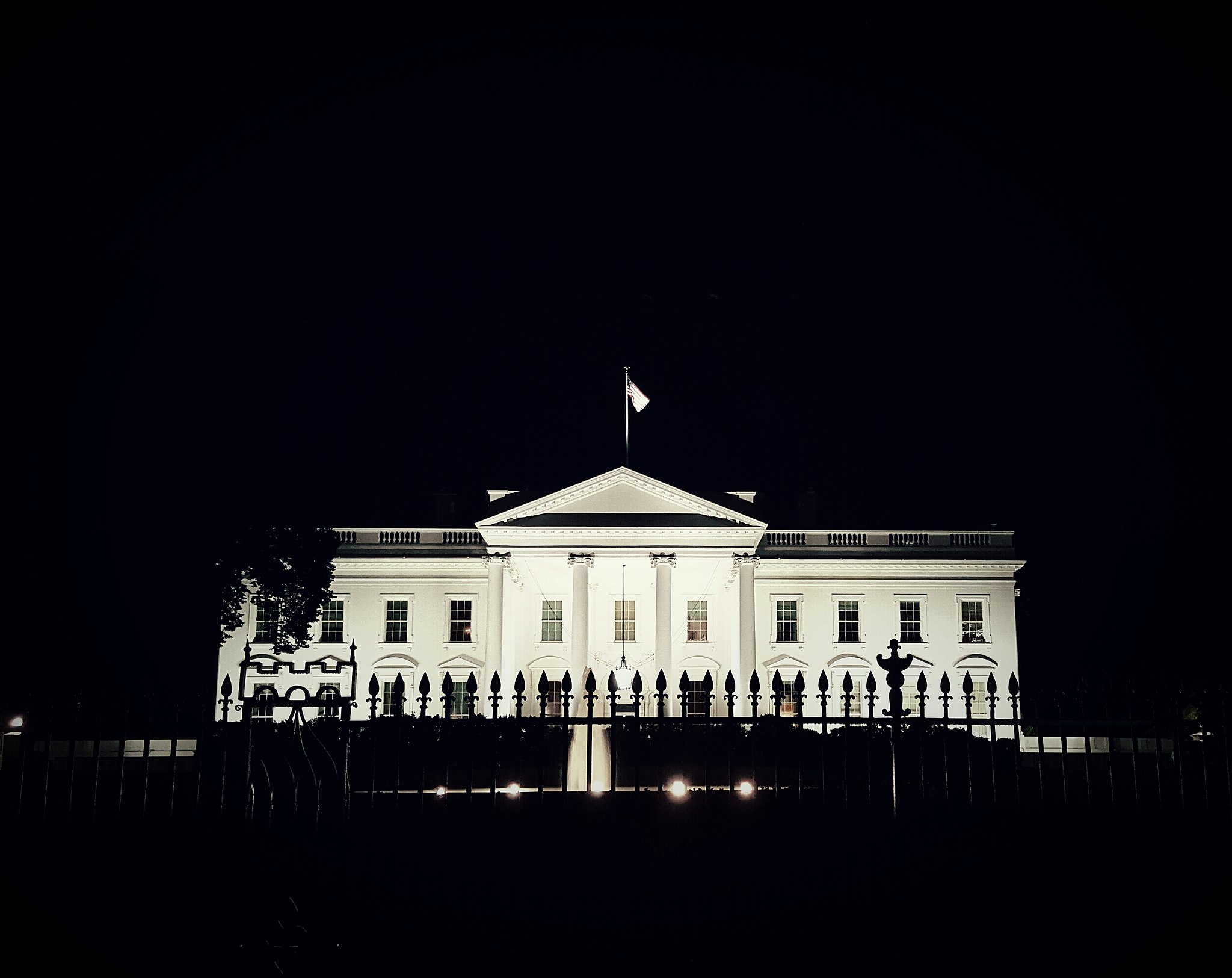Time for a National Security Expert on the Supreme Court
The Obama administration is now considering whom it will nominate to the Supreme Court following the death of Justice Antonin Scalia. Most of the names on the rumored “short list” have familiar resumes: federal judges or prosecutors. This type of professional homogeneity in nominees is now the norm in contemporary selections for the Court and the phenomenon was bemoaned by Justice Scalia himself, dissenting in Obergefell.
Published by The Lawfare Institute
in Cooperation With

The Obama administration is now considering whom it will nominate to the Supreme Court following the death of Justice Antonin Scalia. Most of the names on the rumored “short list” have familiar resumes: federal judges or prosecutors. This type of professional homogeneity in nominees is now the norm in contemporary selections for the Court and the phenomenon was bemoaned by Justice Scalia himself, dissenting in Obergefell. There, Scalia noted that within the current composition of the court, the justices lack variety in life and work experiences and this creates a problem when the court addresses contentious social issues.
Although many might disagree with his conclusion, Justice Scalia’s observation regarding the similar backgrounds of justices is indisputable. In particular, there is a noticeable lack of experience among the current justices—or any candidate publically considered for the current vacancy—in the practice of operational national security law.
The path to becoming a Supreme Court Justice simply does not include serving in the military or governmental agencies overseeing the national security mission. But it is only by serving in these roles, that a lawyer becomes familiar with the realities underlying America’s national security policies. And unlike other areas of the law, the closed and secretive nature of this government function makes it extremely difficult for those without practical experience to understand the complexities at issue.
A lack of professional diversity is problematic, therefore, not for the socials reasons discussed in Scalia’s dissent, but because the United States now finds itself in a persistent state of conflict. However unfortunate, in the environment of this new normal, the Supreme Court will be increasingly called to address complex national security legal issues. More and more of the fundamental constitutional questions of our day will have national security facets.
For example, the current battle between the FBI and Apple over the proper balancing of competing security and privacy interests is indicative of the challenges facing the Court. Because of the asserted constitutional equities, this case may well rise to the high court and the decision will have broad impacts and will affect both Apple’s corporate and customer rights as well as the federal government’s ongoing obligation to protect the citizenry from violent extremism. The options available to respond to and prevent terrorist acts must be balanced against the rights and liberties of the American populace. But in striking this difficult balance, which current or proposed justice brings a more than theoretical perspective regarding the challenges of governing amid ongoing conflict?
The need for grounded national security perspective is perhaps most evident where the Supreme Court attempts to draw the line between individual rights and executive power. In past times of war and national emergency, intermittent external threats shifted the balance between individual rights and national security as the Court deferred to the executive branch and Congress. In today’s world, however, there is a continuous presence of external threats to the domestic security as non-state, ideologically motivated actors are the enemy. These groups—unrestrained by geography, time, or even resources—are engaged in a seemingly endless asymmetrical fight with the United States. As the conflict paradigm has shifted, the Court must reevaluate the appropriate level of deference to the executive under current circumstances. As the government responds to threats not limited by borders or time, does the current court have the requisite diversity of perspectives to effectively revaluate the law in genuinely novel circumstances?
Of course, those are only a few of the unresolved, complex national security legal issues which the Supreme Court will confront in the coming years. Others include questions concerning cyber warfare, social media and radicalization, drone strikes, detention, interrogation techniques, and targeting of citizens. In sum, it is inevitable that a case or cases will arise that present unforeseen national security issues to the Court. And whatever the ultimate facts of that case might be, at present the Court lacks a relevant and informed national security perspective necessary to meaningfully address such challenges.
Recognizing the consequences of this void, the Administration should nominate someone with a strong foundation in national security law to the current vacancy. But this will require a willingness to consider those outside the traditional pool of nominees. Rather than simply pulling from the federal appellate bench, the ideal nominee would be a lawyer with a military background, governmental legal advisory experience, and/or other practical experience of national security law.
Some may object to a nomination based on specialized knowledge where the Court is required to addresses a host of important but unrelated issues. However, there are possible nominees within the national security candidates that also possess the academic pedigree, temperament, and broad exposure to the law typical of a Supreme Court justice.
In this highly charged partisan atmosphere, perhaps it is now time to think more broadly about the future direction of the Court. Both the national security of the United States and the individual liberties of its citizens are at risk without a justice to provide a more nuanced perspective on the most important issues of the day. These compelling interests—security and liberty—are far too important to not be a primary concern in filling a critical vacancy.

